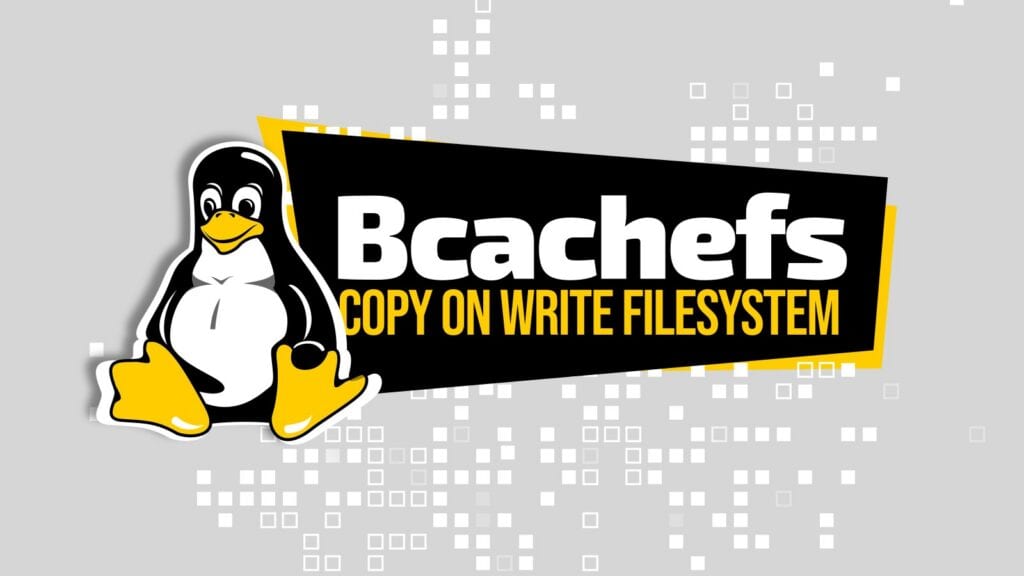The drama around the Bcachefs file system has been unfolding for over a year, and now it’s finally come to a close. In a short note to the kernel developers’ mailing list, Linus Torvalds announced that the mainline Linux kernel is effectively decoupling from Bcachefs.
“Bcachefs was marked ‘externally maintained’ in 6.17 but the code remained to make the transition smoother. It’s now a DKMS module, making the in-kernel code stale, so remove it to avoid any version confusion.“
In short, with the core support now removed, future development will occur outside the tree. Let’s recall what led to this – over time, Torvalds have many times complained that patches were being submitted too frequently and too late in release windows, undermining stability guarantees.
This sparked a serious back-and-forth between Torvalds and Kent Overstreet, the lead developer of Bcachefs, who exchanged numerous heated emails. Sadly, instead of working out a compromise, the tension kept building until Torvalds decided to settle it by dropping support for the file system from the kernel.
So, what happens next? Users who rely on Bcachefs can no longer count on it being updated by upstream kernel maintainers; future fixes or improvements must come via DKMS builds—a system that ensures extra kernel modules, such as Bcachefs in this case, continue to work whenever your Linux kernel updates (just how things like NVIDIA drivers, VirtualBox drivers, VMware modules are provided).
So, if you’re running Bcachefs today on a kernel that still includes it in-tree, nothing breaks immediately. However, once you move to a newer kernel version, such as the upcoming 6.18, where Bcachefs is dropped, the filesystem driver won’t be available out of the box. I’ll put it this way: if your OS doesn’t have a driver for your file system, it simply won’t run. So, you’ll likely need to pivot to a DKMS-based workflow moving forward.
Additionally, the Bcachefs community will need to maintain the module building clean against every kernel release. That’s a lot of work and requires a quick turnaround after kernel changes. Plus, distros may or may not package bcachefs-dkms. Without that, individual users would need to build it manually, which raises adoption hurdles.
All in all, it’s not exactly an ideal situation, especially since Bcachefs has some real technical strengths. It combines the performance of modern copy-on-write file systems, such as Btrfs and ZFS, with the straightforward speed of ext4 and XFS, which could easily put it in the running as one of Linux’s leading file systems.
But nothing’s set in stone. Things can change, and hopefully these two strong personalities—Torvalds and Overstreet—may still find common ground for the benefit of the Linux community. And if that happens, who knows? We could eventually see Bcachefs make its way back into the mainline Linux kernel.
